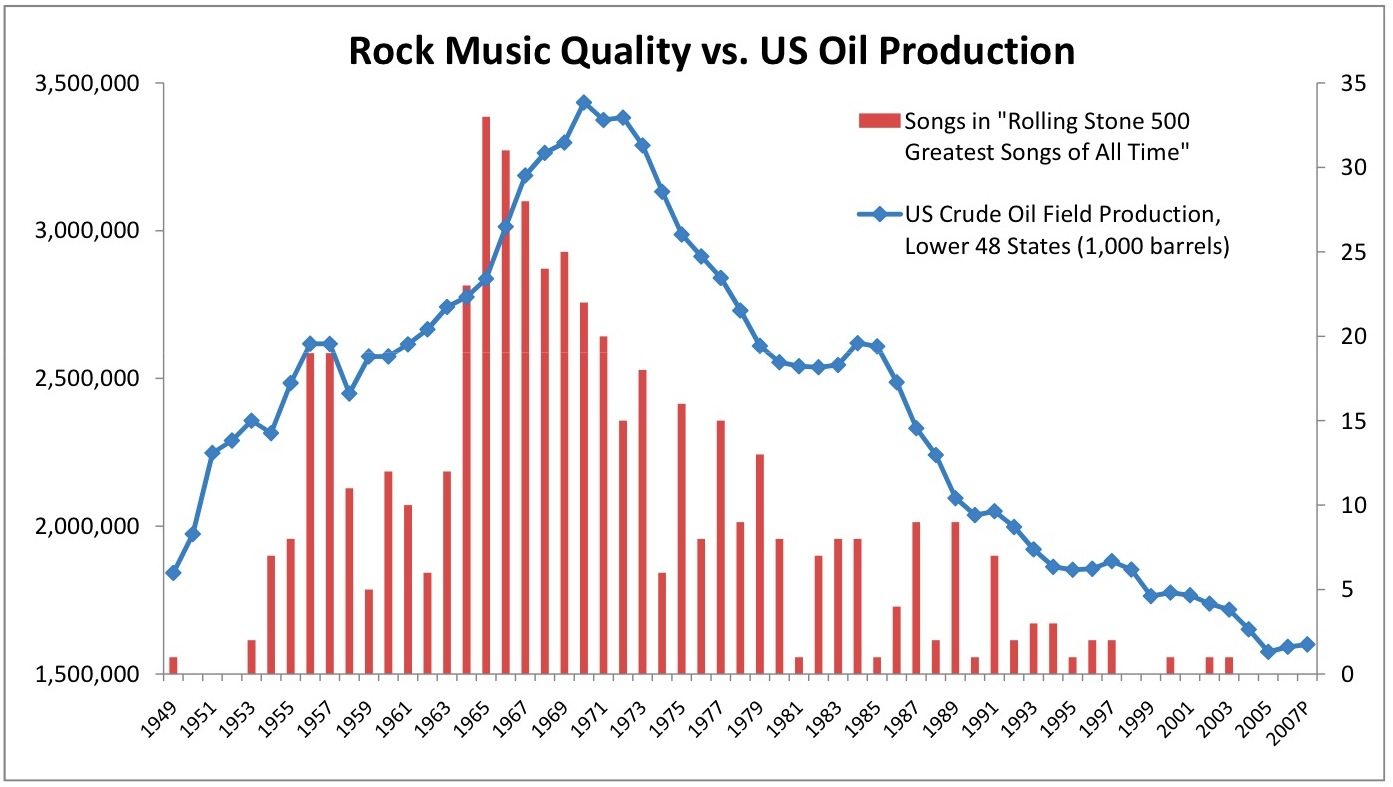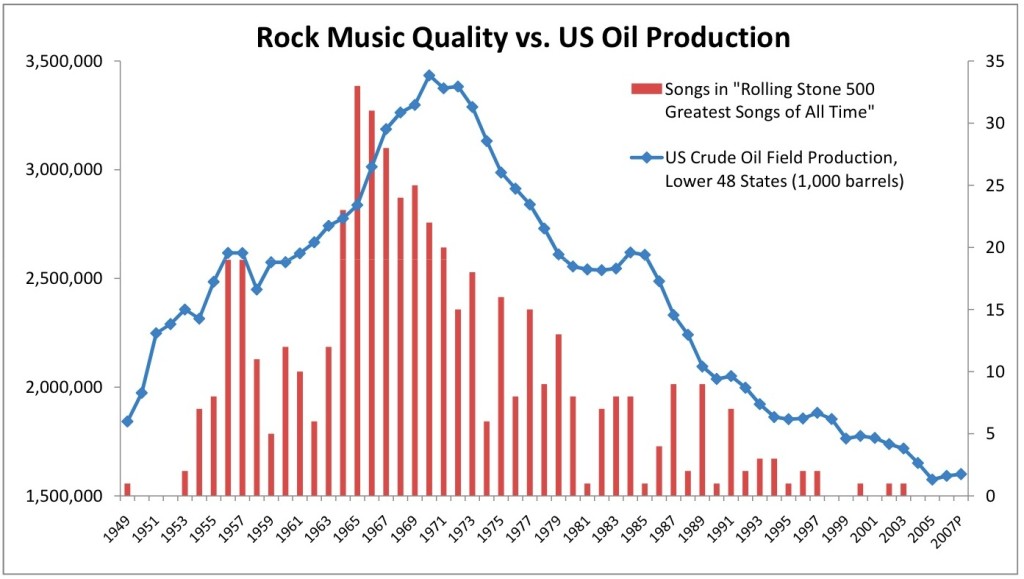
(Image source)
The ever provocative Freddie deBoer explores the relationship between correlation and causation.
You know, of course, that the one does not imply the other.
DeBoer, however, wants to push your certainty on this point.
Are there circumstances under which proving causation would be immoral, and therefore correlation is a useful placeholder? (Do you really want to run the double-blind study about smoking cigarettes?)
Are there circumstances under which the causal chain is wildly complicated, and so correlation is an important clue?
In other words: while correlation doesn’t prove causation, common sense tells us that it’s an interesting starting point. And: we often face circumstances where causal proof is hard to come by, and so correlation gets our attention as a useful indicator of potential causation.
As long as we’re careful about these subtleties, we can allow ourselves to notice correlation, and speculate (humbly) about causation.
Here’s how deBoer concludes his article:
What we need, I think, is to contribute to a communal understanding of research methods and statistics, including healthy skepticism. […] Reasonable skepticism, not unthinking rejection; a critical utilization, not a thoughtless embrace.
That’s a hard logical place to find; here’s hoping we can find it together.
____________________
Update: I wrote the piece above on 11/8. Today (11/16), Greg Ashman posted a thoughtful piece making very similar arguments. I wonder what coincidence implies about causation…





